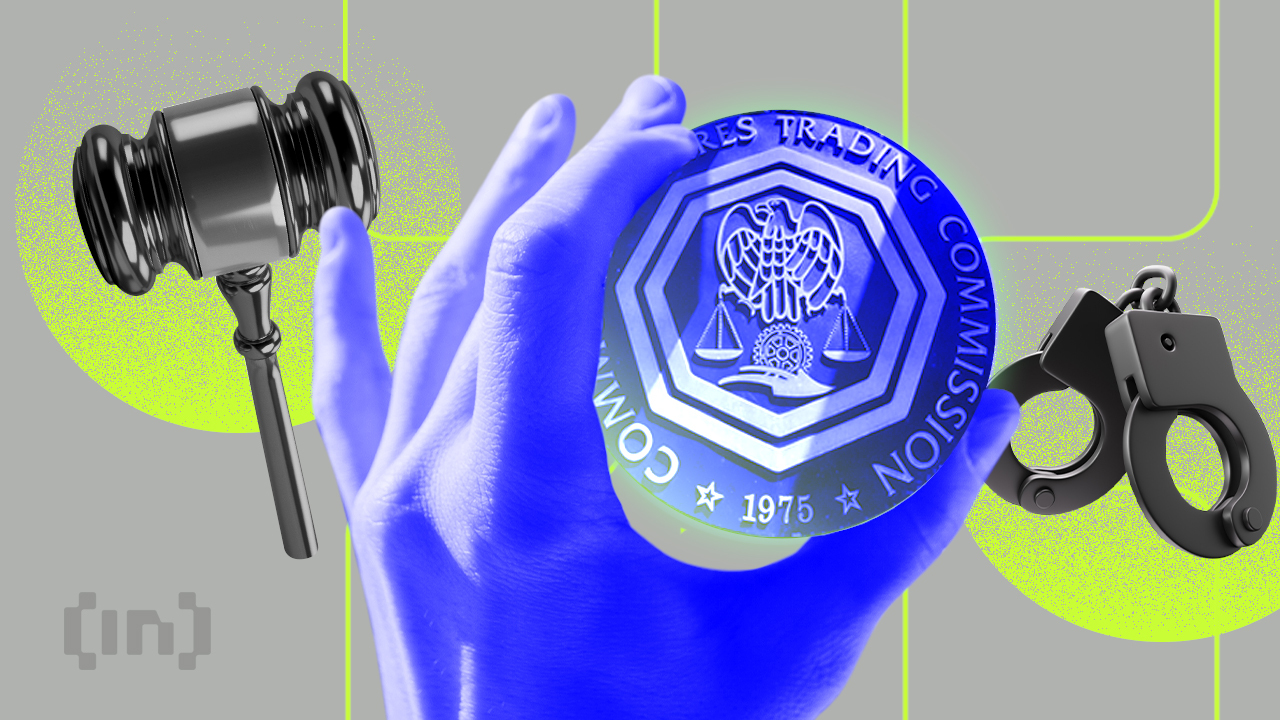The CFTC Clamps Down on False Claims of Legal Status
Exchanges and broker-dealers often strive to establish themselves as reputable and transparent in order to attract customers. However, some companies take it a step further by falsely claiming legal status that they do not possess.
Last Friday, the Commodity Futures Trading Commission (CFTC) announced charges against eight Florida-based firms for misleadingly asserting CFTC registration.
False Claims and Allegations
The CFTC revealed that these eight firms made false representations to their customers and potential clients, stating that they were either registered retail foreign exchange dealers or futures commission merchants with the CFTC.
The accused companies, namely altux-fx-miner, AstroFXMinners, Avadigital-Miners.com, Globalbitasset, Gold Life Investment, Matchlessfxminer, PrimeCapitalTrade, and Trading-Extramining traded various products including digital assets, options, futures, and forex. They all claimed to be registered with the CFTC and even declared membership in the National Futures Association under a common identification number.
In response to these false claims, the CFTC has filed a complaint seeking an order to cease these firms’ violations of the Commodity Exchange Act.
“The CFTC will continue to police fraudulent claims of registration, which harm customers and undermine faith in our regulated markets,” said Ian McGinley, the CFTC’s director of enforcement.
Is the CFTC Overstepping Bounds?
This recent enforcement action is consistent with the strong stance taken by the CFTC. Commissioner Caroline Pham recently emphasized the need for robust regulations and compliance within the crypto industry. She proposed a pilot program where the CFTC would establish and enforce rules, ultimately holding authority over the sector.
The CFTC’s proactive approach has drawn criticism from industry figures, such as Brian Armstrong, CEO of Coinbase. Armstrong called for the industry to resist regulatory pressure and suggested that decentralized finance (DeFi) protocols are not subject to the Commodity Exchange Act. He encouraged firms to stand up to the CFTC in court, paving the way for future legal challenges and establishing important legal precedents.
Hot Take: Upholding Trust and Building Precedents
The CFTC’s crackdown on false claims of legal status serves to protect customers and maintain confidence in regulated markets. However, some argue that the CFTC’s expanding authority may be encroaching on the crypto industry’s autonomy. This has prompted calls for firms to challenge the CFTC in court to establish legal precedents that can shape future regulations and protect decentralized finance protocols. As the crypto landscape evolves, it remains crucial to strike a balance between regulatory oversight and innovation.






 By
By
 By
By
 By
By
 By
By
 By
By
 By
By